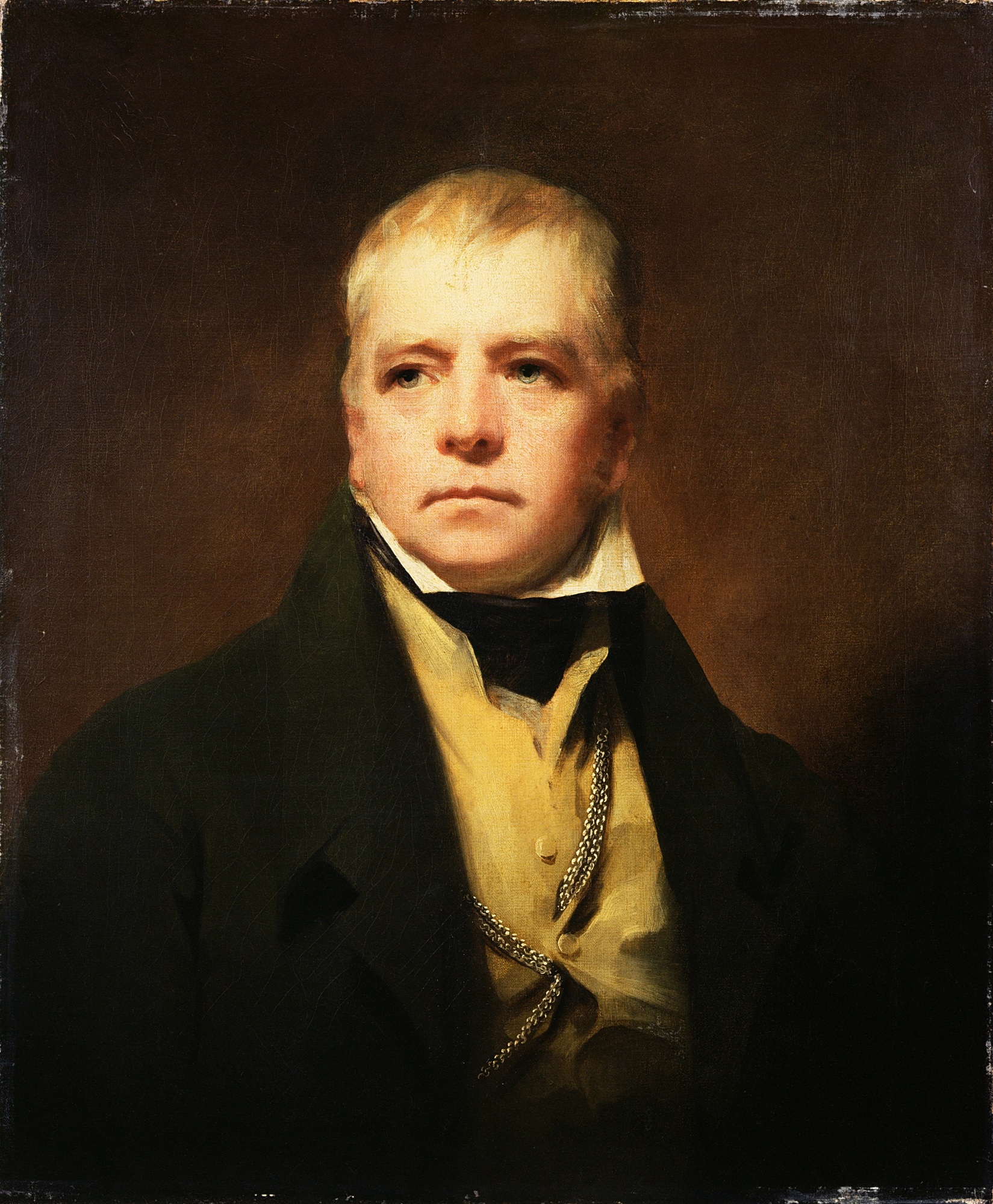Walter Scott frasi celebri
citato in Harold Acton, Gli ultimi Borboni di Napoli
citato in L'Unità Arte, n. 12, 1997
Walter Scott Frasi e Citazioni
Origine: Citato in William Somerset Maugham, Pride and Prejudice, in «Atlantic», 181, 5 maggio 1948; trad. it. di Marco Fiocca in Jane Austen, Orgoglio e pregiudizio, Oscar Mondadori, Milano, 2014, pp. 383-384. ISBN 978-88-04-50615-7
Variante: La vendetta, caro signore, la vendetta, la quale, pur essendo un peccato da gentiluomo come il vino, le orge, con il loro et coetera, è altrettanto poco cristiano, e non altrettanto senza effusione di sangue. E' meglio scavalcare il recinto di un parco per appostare una dama od una donzella, che sparare contro un vecchio.
Walter Scott: Frasi in inglese
Last words, as quoted in John Gibson Lockhart Memoirs of the life of Sir Walter Scott, Bart, Vol. VII (1838), p. 294
“When, musing on companions gone,
We doubly feel ourselves alone.”
Canto II, introduction.
Marmion (1808)
“Such is the custom of Branksome Hall.”
Canto I, stanza 7.
The Lay of the Last Minstrel (1805)
Quentin Durward, Chap. iv.
Bartlett's Familiar Quotations, 10th ed. (1919)
“I am she, O most bucolical juvenal, under whose charge are placed the milky mothers of the herd.”
The Betrothed, Chap. xxviii.
Bartlett's Familiar Quotations, 10th ed. (1919)
“And better had they ne'er been born,
Who read to doubt, or read to scorn.”
Origine: The Monastery (1820), Ch. 12.
“It's no fish ye're buying, it's men's lives.”
Volume I, Ch. 11.
The Antiquary (1816)
Old Mortality, Chap. xxxiv.
Bartlett's Familiar Quotations, 10th ed. (1919)
“And come he slow, or come he fast,
It is but Death who comes at last.”
Canto II, introduction, st. 30.
Marmion (1808)
“The sun never sets on the immense empire of Charles V.”
Life of Napoleon (February, 1807).
Bartlett's Familiar Quotations, 10th ed. (1919)
Variante: The sun never sets on the immense empire of Charles V.
“Oh for a blast of that dread horn
On Fontarabian echoes borne!”
Canto VI, stanza 33.
Marmion (1808)
Origine: Ivanhoe (1819), Ch. 26, Wamba explaining to Cedric how to get away with impersonating a priest. Pax vobiscum means "peace be with you".
“For a laggard in love, and a dastard in war,
Was to wed the fair Ellen of brave Lochinvar.”
Canto V, st. 12 (Lochinvar, st. 2).
Marmion (1808)
Origine: Ivanhoe (1819), Ch. 29, Ivanhoe to Rebecca, who questions the value of chivalry and has asked what remains for knights when death takes them.
“Spur not an unbroken horse; put not your plowshare too deep into new land.”
Origine: The Monastery (1820), Ch. 25.
“If you keep a thing seven years, you are sure to find a use for it.”
Woodstock (1826), Ch. 28.
“To all, to each, a fair good-night,
And pleasing dreams, and slumbers light!”
L'Envoy.
Marmion (1808)
Canto V, stanza 30.
The Lady of the Lake http://www.gutenberg.org/etext/3011 (1810)
“And darest thou then
To beard the lion in his den,
The Douglas in his hall?”
Canto VI, st. 14.
Marmion (1808)
“Where lives the man that has not tried
How mirth can into folly glide,
And folly into sin!”
Bridal of Triermain, canto i. Stanza 21.
Bartlett's Familiar Quotations, 10th ed. (1919)
“The happy combination of fortuitous circumstances.”
Answer of the Author of Waverley to the Letter of Captain Clutterbuck.
The Monastery (1820)
“There is a southern proverb—fine words butter no parsnips.”
A Legend of Montrose (1819), Ch. 3.
